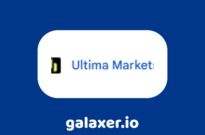Ultima Markets Review – Is This Broker a Scam?
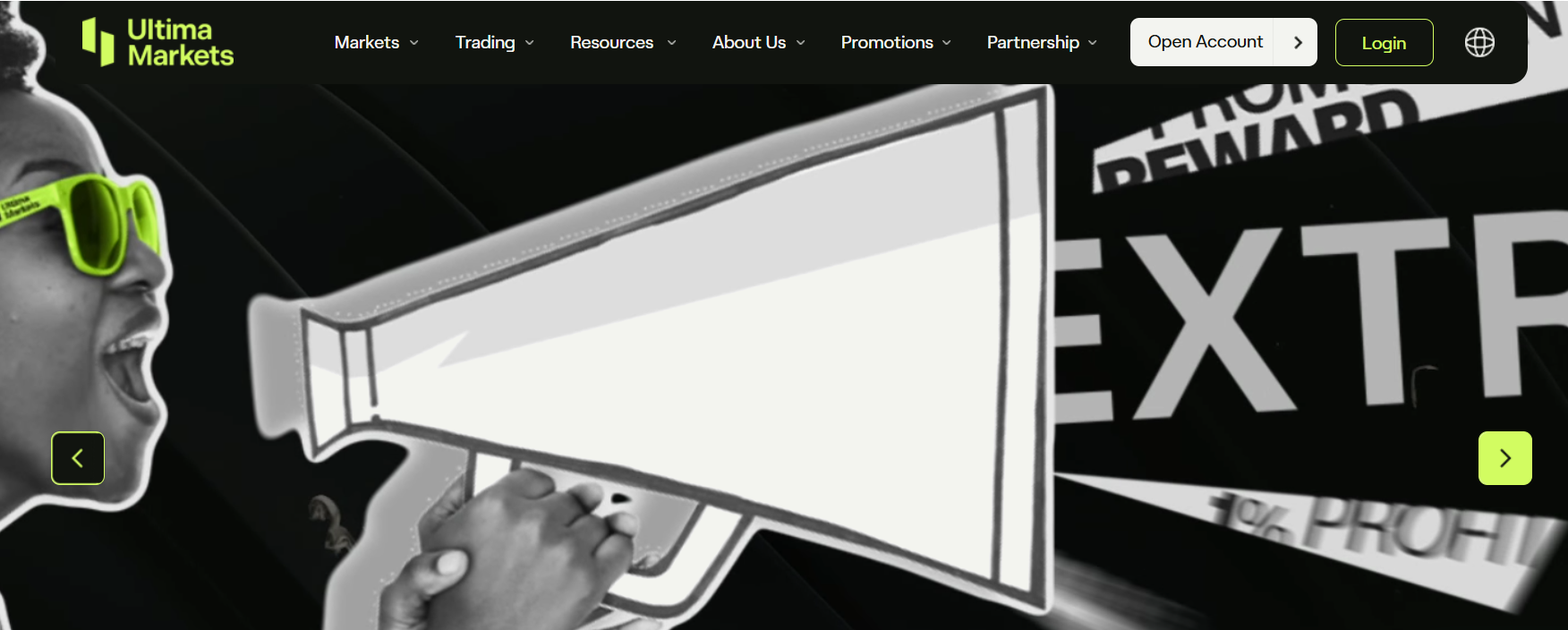
When choosing a forex broker, regulation, transparency, and reputation are the key factors that determine whether your money is safe. Ultima Markets presents itself as a professional trading platform, offering high leverage (2000:1), multiple account types, and MT4 support. Sounds promising, right?
But when our team started investigating, the red flags appeared immediately. Their claimed establishment date doesn’t match their domain purchase date, their regulation is fake, and many traders report serious withdrawal issues. Even their Trustpilot reviews look suspicious, with an unusual mix of fake-looking 5-star ratings and alarming complaints.
So, what’s really going on with Ultima Markets? Is it a reliable broker, or just another dangerous scam? Let’s break it down step by step.
Ultima Markets – General Information
Before we dive into deeper issues, let’s take a look at the basic details of Ultima Markets. Here’s what we found:
| Feature | Details |
| Website Domain | ultimamarkets.com |
| Date of Domain Purchase | May 27, 2021 |
| Claimed Year of Establishment | 2016 (which doesn’t match the domain purchase date) |
| Regulation | Fake – Claims FSCA, but verification shows it’s unreliable |
| Leverage | 2000:1 (Extremely high, which is a common tactic used by scam brokers to lure in reckless traders) |
| Account Types | – Standard Account – $50 deposit
– ECN Account – $50 deposit – CENT Account – $50 deposit |
| Trading Platforms | – WebTrader
– MT4 (A standard, but doesn’t confirm legitimacy) – Ultima Markets App (A custom app, which could be manipulated) |
| Restricted Countries | South Africa |
| Trustpilot Rating | 4.1 (Suspiciously inflated, with 27 bad reviews) |
| Total Reviews on Trustpilot | 159 |
| Common Complaints | Withdrawal issues, account manipulation, pressure to deposit more money |
| Contact Info | Email: [email protected] (No phone number listed) |
Key Red Flags
- Mismatched Establishment & Domain Date – They claim to exist since 2016, but their domain was bought only in 2021.
- Fake Regulation – Their FSCA license is unreliable, and they don’t hold licenses from major regulators like FCA, CySEC, or ASIC.
- Extreme Leverage (2000:1) – This is way beyond the limits allowed by regulated brokers (usually capped at 1:30 to 1:50). It’s a high-risk strategy used by scam brokers to make traders lose money faster.
- Suspicious Reviews – Fake-looking 5-star reviews mixed with serious scam complaints.
- Lack of Transparency – No phone number, only an email for contact, which is typical of brokers that don’t want to be easily reached.
Final Thought on Their General Info
Everything about Ultima Markets screams high risk. The fake license, mismatched establishment details, extreme leverage, and shady reviews paint a very clear picture: this is not a trustworthy broker. And as we’ve seen with other scam brokers, traders who deposit money here often never see it again.
Ultima Markets – Date of Domain Purchase (Red Flag #1)
Here’s something interesting: Ultima Markets claims to have been established in 2016, but their domain was only purchased on May 27, 2021. Do you see the problem? A broker that supposedly exists since 2016 should have had its domain much earlier. So, why was the website only created five years later?
This is a classic tactic among scam brokers—they fabricate a long history to appear more credible. But when you check domain registration dates, the reality tells a different story. Think about it: why would a legitimate broker wait so long to set up their website? A well-established financial firm should have an online presence from day one, not half a decade later.
Another question: if they were really around since 2016, where was their website all that time? Did they operate in the shadows, without a proper digital presence? That doesn’t make sense. In today’s world, every reputable broker prioritizes a professional website to attract clients.
This inconsistency is a big red flag, indicating that Ultima Markets is likely trying to fake its reputation. It’s a tactic many fraudulent brokers use to trick unsuspecting traders into trusting them. And as you’ll see in our next analyses, this isn’t the only thing suspicious about them.
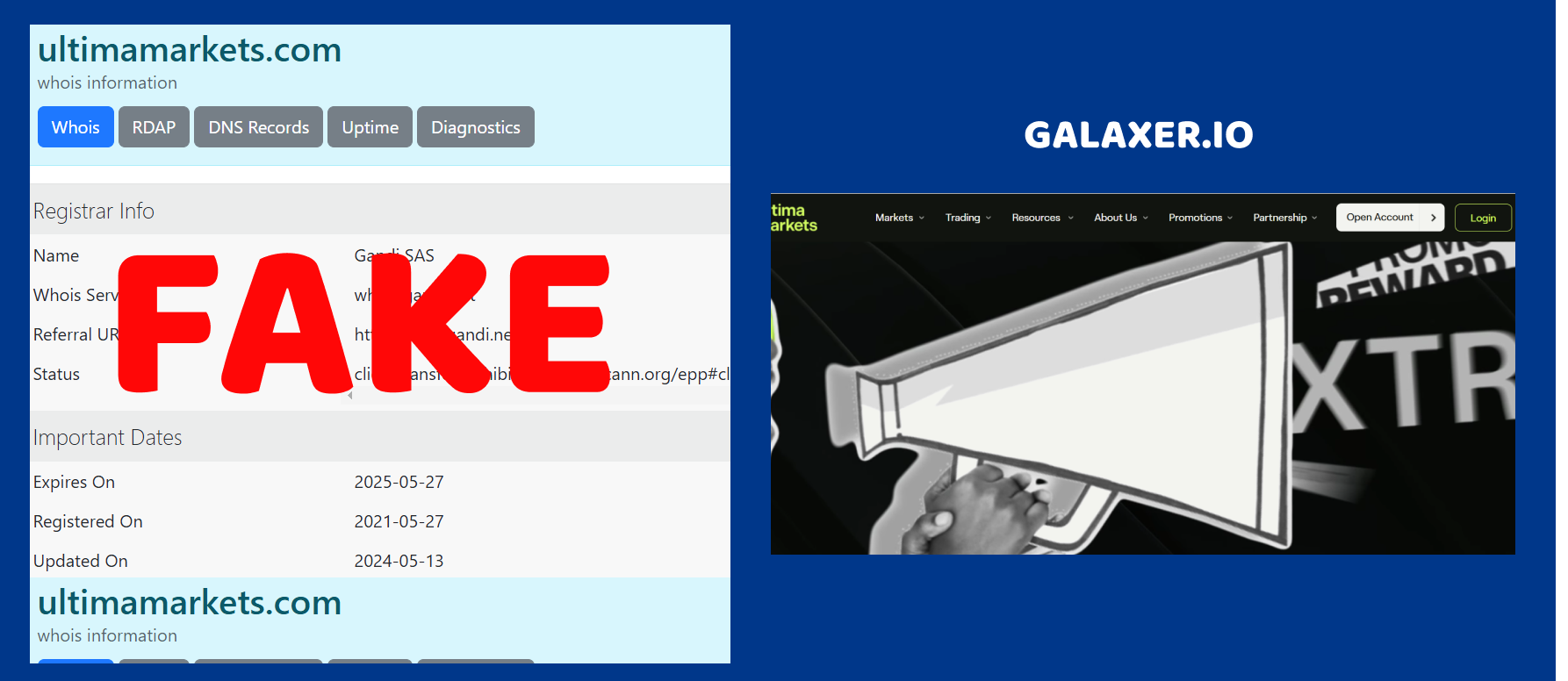
Ultima Markets – Fake License (Red Flag #2)
Now, let’s talk about regulation. This is where things get really shady. Ultima Markets claims to be regulated by the FSCA (Financial Sector Conduct Authority) of South Africa. At first glance, that might sound reassuring, but let’s dig a little deeper.
First, the FSCA is not a strict financial watchdog like the FCA (UK) or ASIC (Australia). It has a much weaker reputation when it comes to protecting traders from scams. More importantly, just because a broker mentions FSCA regulation doesn’t mean they’re actually under any serious oversight. And here’s the key point: even if they have an FSCA license, it doesn’t allow them to operate internationally!
But it gets worse—Ultima Markets’ license is marked as FAKE in our verification. That means either:
- They never actually obtained an FSCA license and are lying about their regulatory status.
- They are using some questionable registration that doesn’t cover forex trading at all.
Either way, this is a huge red flag. A broker without a real license is like a bank with no legal approval to hold your money—it can disappear at any moment, and you’ll have no protection.
And let’s be honest, if Ultima Markets was truly legitimate, wouldn’t they get a solid license from a top-tier regulator like the FCA, CySEC, or ASIC? But they didn’t. Why? Because those regulators don’t tolerate shady operations.
A fake or weak license is a classic scam indicator. When a broker lies about regulation, it’s usually because they don’t want to follow real financial laws. And that means your money is at serious risk.
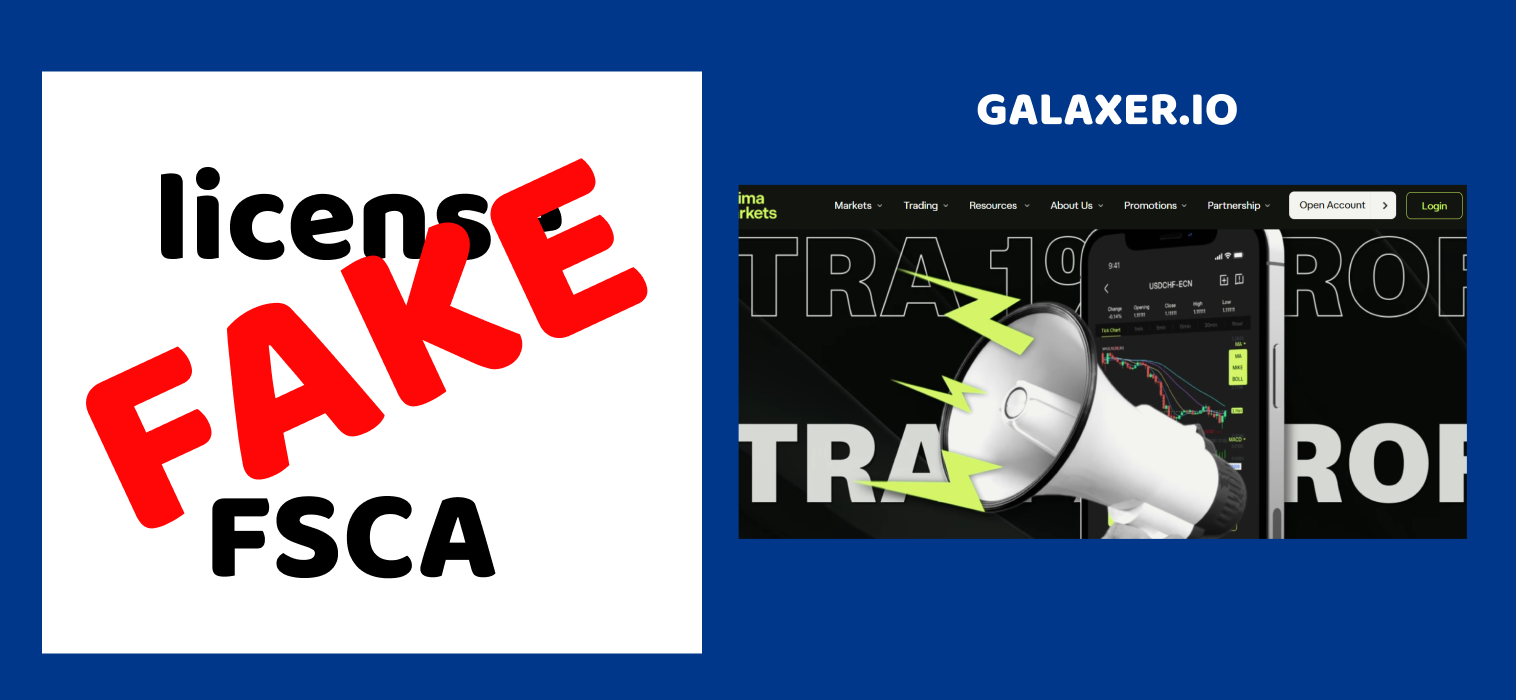
Ultima Markets – Suspicious Trustpilot Reviews (Red Flag #3)
Now, let’s check what traders are saying about Ultima Markets. A quick look at Trustpilot reveals some very questionable patterns.
1. The Review Score Looks Inflated
Ultima Markets has a 4.1 rating on Trustpilot. Sounds decent, right? But let’s dig deeper. Out of 159 reviews, 27 are negative, which means nearly one in six traders had a bad experience. And let’s be real—most scammed traders don’t even leave reviews. Many don’t realize they’ve been scammed until much later, or they simply give up. So, if this many people are reporting issues, the real situation is probably much worse.
2. The Positive Reviews Look Fake
A closer look at the 5-star reviews shows a suspicious pattern:
- Many reviews are written in the same style, often short and overly generic like:
- “Best broker ever! Fast withdrawals and great support.”
- “Amazing experience, highly recommend!”
- There’s little to no detail about actual trading experiences—no mentions of specific spreads, execution speeds, or platform issues. Real traders usually include specific details, while fake reviews sound like generic marketing lines.
- A high number of one-time reviewers—people who only left one review on Trustpilot and never reviewed any other company. This is a huge red flag that the reviews are bought or fake.
3. The Negative Reviews Reveal a Common Scam Pattern
Now, let’s look at the bad reviews—because that’s where the real story is. The most common complaints include:
- Withdrawal issues – Users report that their money gets stuck, and support stops responding when they try to withdraw larger amounts.
- Manipulated trades – Some claim that their trades mysteriously hit stop-losses even when the market didn’t move in that direction.
- Aggressive account managers – Users mention being pressured into depositing more money, only to lose everything soon after.
And here’s something important: scam brokers often try to bury negative reviews with fake positive ones. So, if Ultima Markets already has 27 bad reviews, imagine how many they’ve covered up with fake ones!
What Does This Tell Us?
The review pattern is a huge red flag. The mix of fake-looking positive reviews and serious scam complaints is a classic sign of a shady broker trying to hide its real reputation. If Ultima Markets was truly a great broker, they wouldn’t need to buy fake reviews—their traders would naturally leave positive feedback.
But they didn’t. And that tells you everything you need to know.
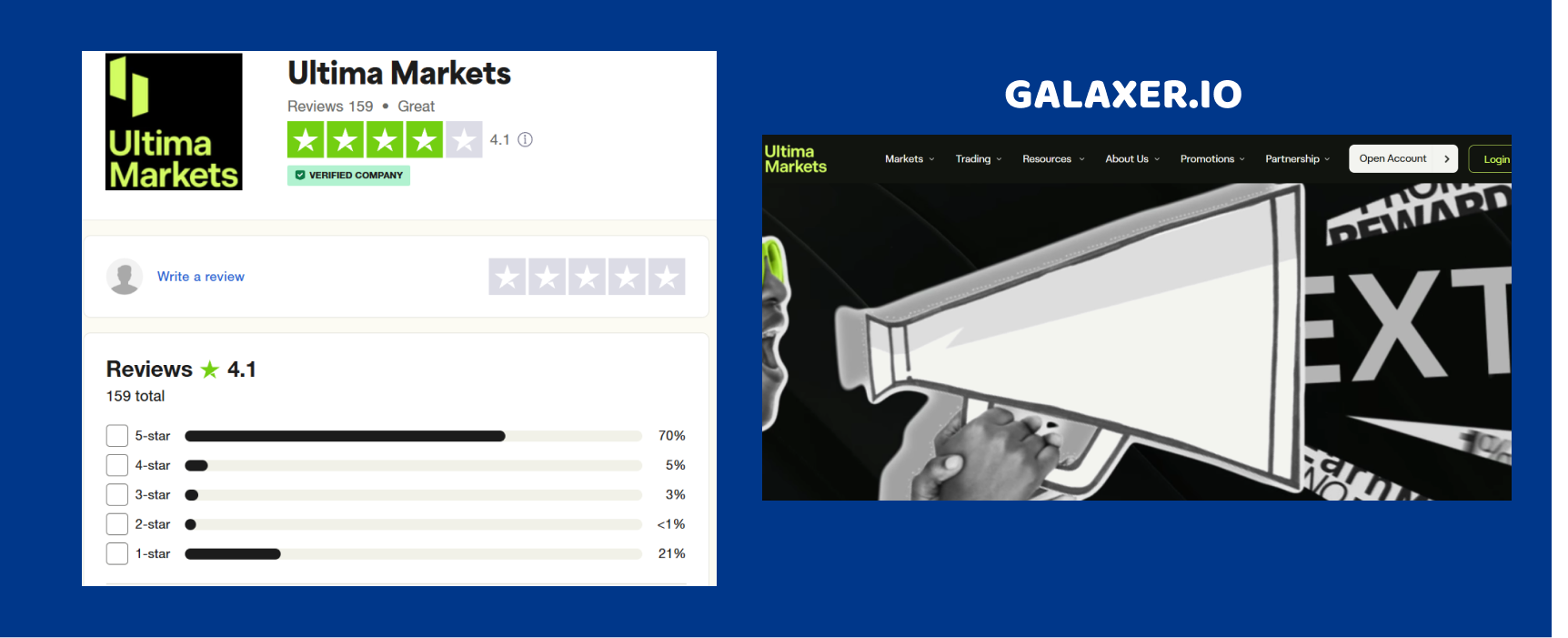
Ultima Markets – The Verdict: A Dangerous Scam?
After analyzing Ultima Markets, the evidence is overwhelming—this broker raises every possible red flag of a scam operation. Let’s recap:
- Fake Regulation – Claims to be regulated by FSCA, but verification shows it’s unreliable and not valid for international operations.
- Suspicious Establishment Date – They say they were founded in 2016, yet their domain was only registered in 2021. Why hide their real history?
- Extreme Leverage (2000:1) – Legitimate regulators don’t allow this, as it’s designed to make traders lose money faster.
- Shady Reviews – Trustpilot is filled with fake-looking 5-star reviews, yet real traders report withdrawal issues, trade manipulation, and aggressive sales tactics.
- No Transparency – They don’t provide a phone number, making it difficult to reach them. Scam brokers always limit communication to avoid accountability.
Should You Trust Ultima Markets?
Absolutely not. Every sign points to a fraudulent operation designed to drain traders’ funds. The fake license, mismatched dates, and suspicious reviews all indicate that Ultima Markets is not a real broker—it’s a trap.
If you deposit money here, chances are you’ll never see it again. Protect yourself, and stay away from brokers that show these warning signs.
